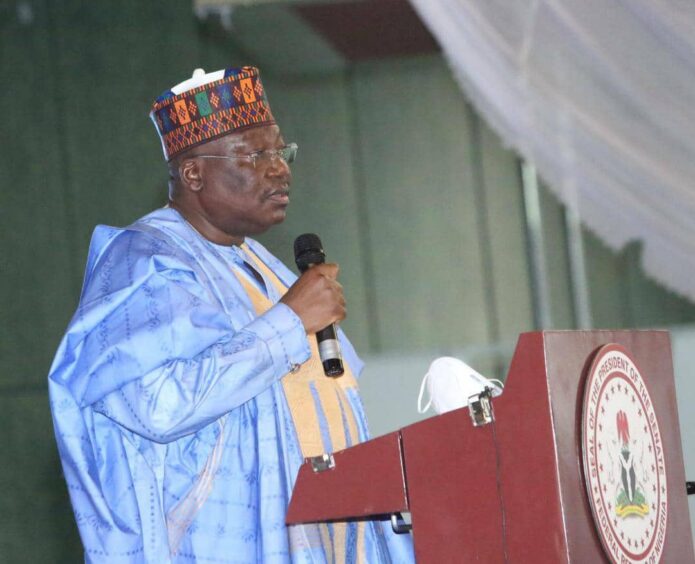
Nigeria’s two houses have passed versions of the Petroleum Industry Bill (PIB) but various groups remain unhappy, highlighting the challenges for the legislation ahead of presidential approval.
Wood Mackenzie has said the bill may become law by the end of this year. First, though, differences between the two versions will have to be ironed out.
One notable difference is in the amount the bill sets aside for host communities. The House of Representatives set this at 5% for upstream communities in hearings early this month. The Senate, though, approved a 3% share.
A number of groups have objected to this. The Pan Niger Delta Forum (PANDEF) described this amount as “satanic and obnoxious”. The group, in an open letter to heads of Nigeria’s House of Representatives and Senate, said 10% was the minimum acceptable.
PANDEF also criticised the inclusion of communities with pipelines across their lands as host communities. The group went on to criticise the role of northerners in the oil industry.
Minister of Niger Delta Affairs Godswill Akpabio dismissed these concerns. “It is not the percentage that matters,” he said. “Whatever [the legislature] agree on, we will accept. At least, let us start from somewhere.”
Passing the bill will change the lives of those living in the region, Akpabio said. This will help them be more interested in maintaining the environment and preventing vandalism, he continued.
Stakeholder Democracy Network (SDN) raised concerns around Clause 257. This allows payments to these host community development trusts to be cut in order to pay for repairs in case of “vandalism, sabotage or other civil unrest”.
As the group said, this risks punishing entire communities for the actions of the few, “which may be completely outside of their control”. Making communities responsible potentially pits them against armed groups – or even government officials.
Transition funding
The PIB also called for the Nigerian National Petroleum Corp. to invest 30% of its profit oil and gas in exploration of frontier basins. This suggests exploration in the north, where results have previously been poor.
PANDEF opposed the use of funds to explore in the north. There had been no calls for this during the public hearings, it said, and the clause had been “smuggled” into the bill.
The Niger Delta group went on to say that these two areas should be altered. Otherwise, it warned, locals “may be forced to take their destiny into their own hands and all IOCs may find themselves denied access to their oil activities in such communities”.
SDN questioned whether NNPC should be spending its cash on new exploration. Such an investment is “not in line” with the country’s climate commitments.
The group also raised concerns on the PIB’s plans to tackle gas flaring. Using these penalties to benefit local communities is “somewhat welcome”, it said, but again raising concerns about the climate impact.
Gas may have a part to play in the near term for Nigeria, SDN said, but there is an “absence” of ambitions for renewable energy.
SDN has also raised some worries around the environmental regulator. The PIB sets up two new bodies as regulator, replacing the Department of Petroleum Resources (DPR), but there are concerns around how this will actually play out.
Environmental Rights Action/Friends of the Earth Nigeria (ERA/FoEN) called for the 30% of profits to go to renewable energy developments.
